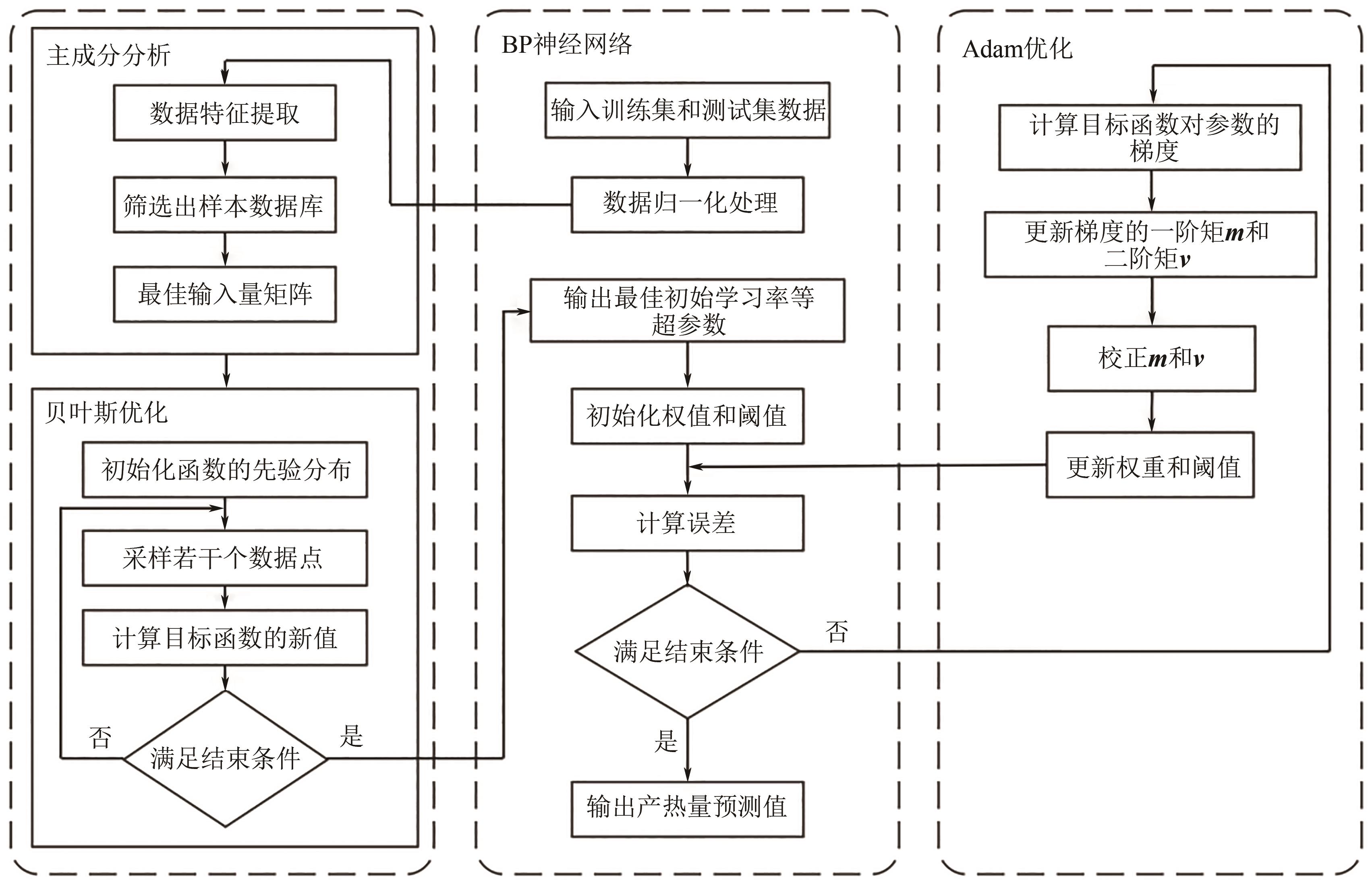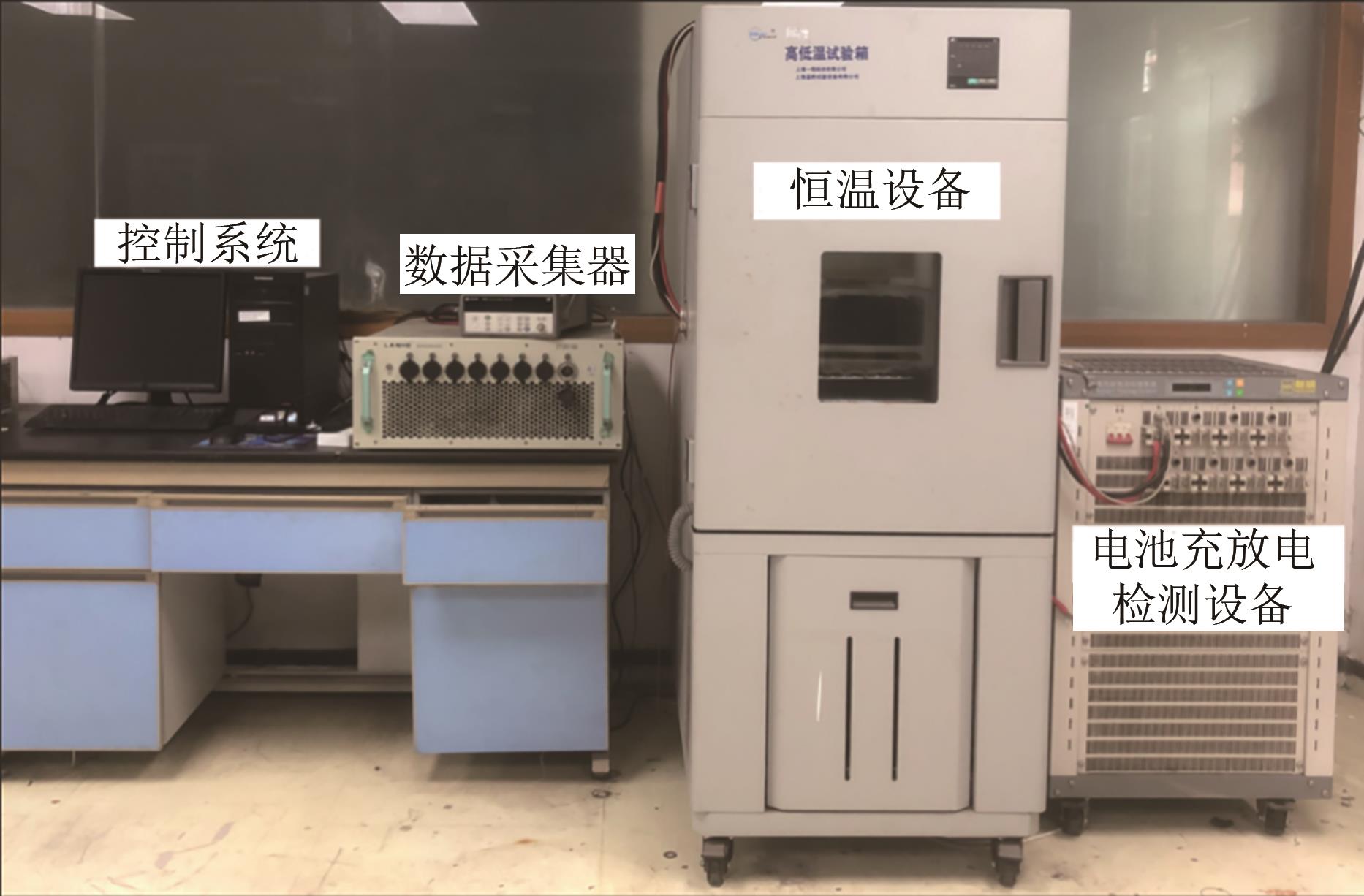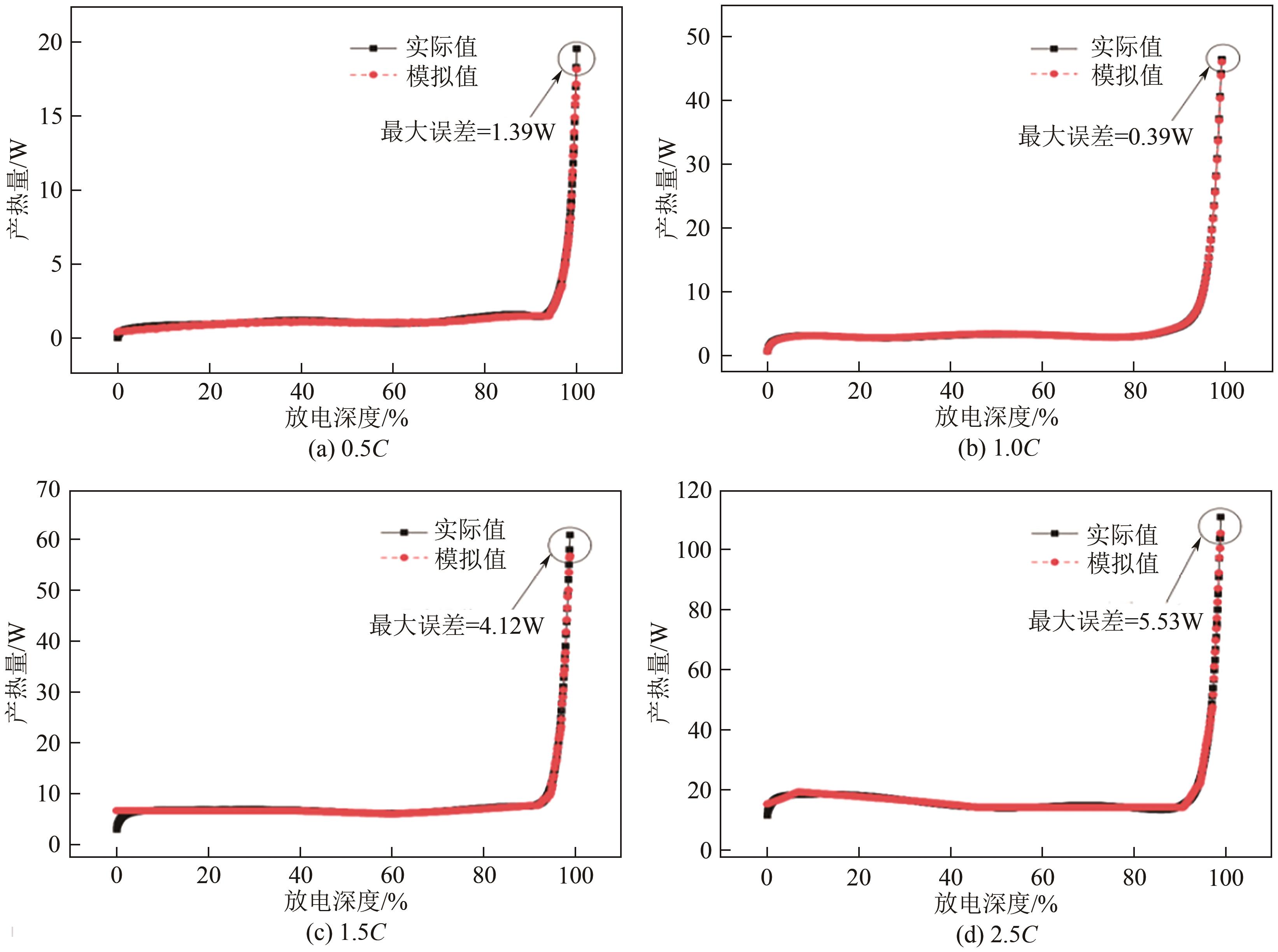| 1 |
HU Yang, CHOE Song-Yul, GARRICK T R. Measurement of two-dimensional heat generation rate of pouch type lithium-ion battery using a multifunctional calorimeter[J]. Journal of Power Sources, 2022, 532: 231350.
|
| 2 |
HU Yang, CHOE Song-Yul. Simultaneous and continuous characterization of reversible and irreversible heat of lithium-ion battery using wavelet transform technique[J]. Electrochimica Acta, 2021, 375: 137973.
|
| 3 |
XU Xiaobin, ZHANG Hengyun, LIU Shunbo, et al. Surrogate models for lithium-ion battery heat generation based on orthogonal experiments by eliminating external wire connection effect[J]. Applied Thermal Engineering, 2022, 213: 118655.
|
| 4 |
REN Honglei, JIA Li, DANG Chao, et al. An electrochemical-thermal coupling model for heat generation analysis of prismatic lithium battery[J]. Journal of Energy Storage, 2022, 50: 104277.
|
| 5 |
ZHU Shan, HE Chunnian, ZHAO Naiqin, et al. Data-driven analysis on thermal effects and temperature changes of lithium-ion battery[J]. Journal of Power Sources, 2021, 482: 228983.
|
| 6 |
ARORA S, SHEN Weixiang, KAPOOR A. Neural network based computational model for estimation of heat generation in LiFePO4 pouch cells of different nominal capacities[J]. Computers & Chemical Engineering, 2017, 101: 81-94.
|
| 7 |
PANG Hui, WU Longxing, LIU Jiahao, et al. Physics-informed neural network approach for heat generation rate estimation of lithium-ion battery under various driving conditions[J]. Journal of Energy Chemistry, 2023, 78: 1-12.
|
| 8 |
YALÇIN S, PANCHAL S, HERDEM M S. A CNN-ABC model for estimation and optimization of heat generation rate and voltage distributions of lithium-ion batteries for electric vehicles[J]. International Journal of Heat and Mass Transfer, 2022, 199: 123486.
|
| 9 |
MANOHARAN A, BEGAM K K M, APAROW V R, et al. Artificial Neural Networks, Gradient Boosting and Support Vector Machines for electric vehicle battery state estimation: A review[J]. Journal of Energy Storage, 2022, 55: 105384.
|
| 10 |
BERNARDI D, PAWLIKOWSKI E, NEWMAN J. A general energy balance for battery systems[J]. Journal of the Electrochemical Society, 1985, 132(1): 5-12.
|
| 11 |
HE Feifei, ZHOU Jianzhong, FENG Zhongkai, et al. A hybrid short-term load forecasting model based on variational mode decomposition and long short-term memory networks considering relevant factors with Bayesian optimization algorithm[J]. Applied Energy, 2019, 237: 103-116.
|
| 12 |
PELIKAN M, GOLDBERG D E, CANTÚ-PAZ E. BOA: The Bayesian optimization algorithm[C]// Proceedings of the Gene-tic and Evolutionary Computation Conference GECCO-99. 1999: 525-532.
|
| 13 |
李亚茹, 张宇来, 王佳晨. 面向超参数估计的贝叶斯优化方法综述[J]. 计算机科学, 2022, 49(S1): 86-92.
|
|
LI Yaru, ZHANG Yulai, WANG Jiachen. Survey on Bayesian optimization methods for hyper-parameter tuning[J]. Computer Science, 2022, 49(S1): 86-92.
|
| 14 |
KINGMA D P, BA J. Adam: A method for stochastic optimization[C]// International Conference on Learning Representations 2015, San Diego, 2015.
|
| 15 |
李扬. 动力锂离子电池电学参数及热物性测量方法研究[D]. 北京: 中国科学院大学, 2019.
|
|
LI Yang. Study on measurement methods of electrical parameters and thermophysical properties of power lithium-ion batteries[D]. Beijing: University of Chinese Academy of Sciences, 2019.
|
| 16 |
李晟延, 马鸿雁, 窦嘉铭, 等. 基于PBES-LS-SVM的锂离子电池组SOC预测[J]. 电源技术, 2022, 46(11): 1279-1283.
|
|
LI Shengyan, MA Hongyan, DOU Jiaming, et al. SOC prediction of Li-ion battery pack based on PBES-LS-SVM[J]. Chinese Journal of Power Sources, 2022, 46(11): 1279-1283.
|
 ), LYU Jie2(
), LYU Jie2( ), ZHAO Ding2, LIN Wenye1,2, SONG Wenji1,2, FENG Ziping1,2
), ZHAO Ding2, LIN Wenye1,2, SONG Wenji1,2, FENG Ziping1,2
 ), 吕杰2(
), 吕杰2( ), 赵丁2, 林文野1,2, 宋文吉1,2, 冯自平1,2
), 赵丁2, 林文野1,2, 宋文吉1,2, 冯自平1,2



